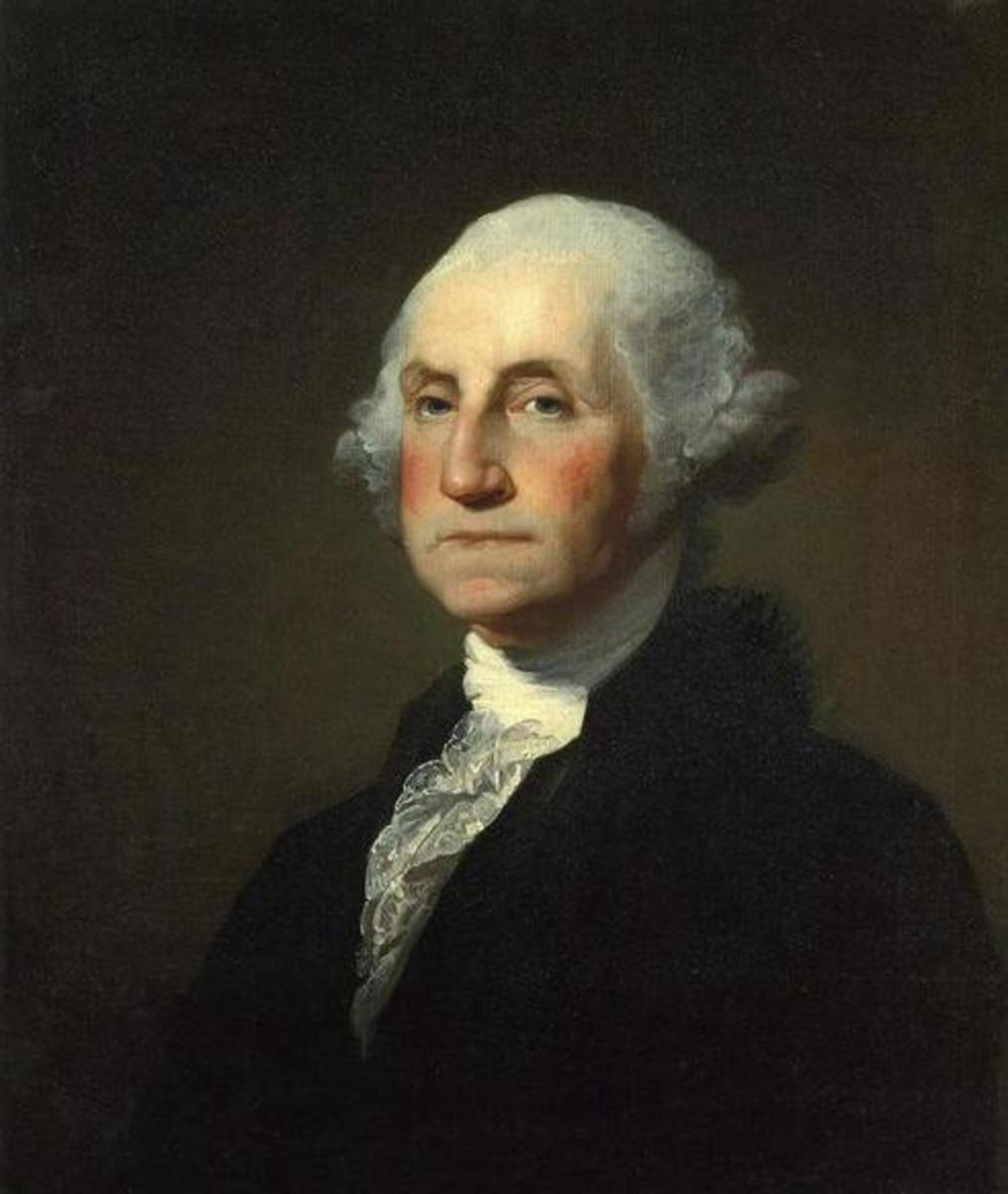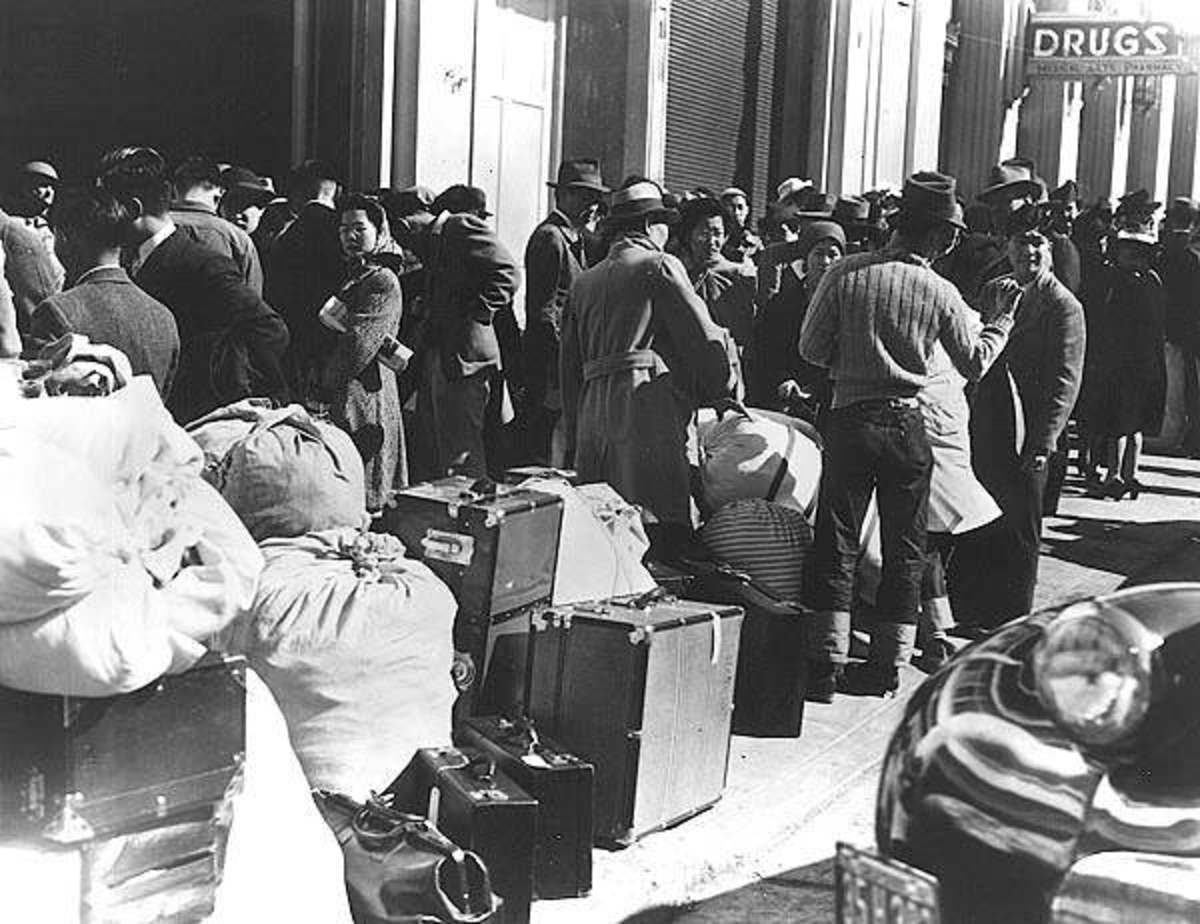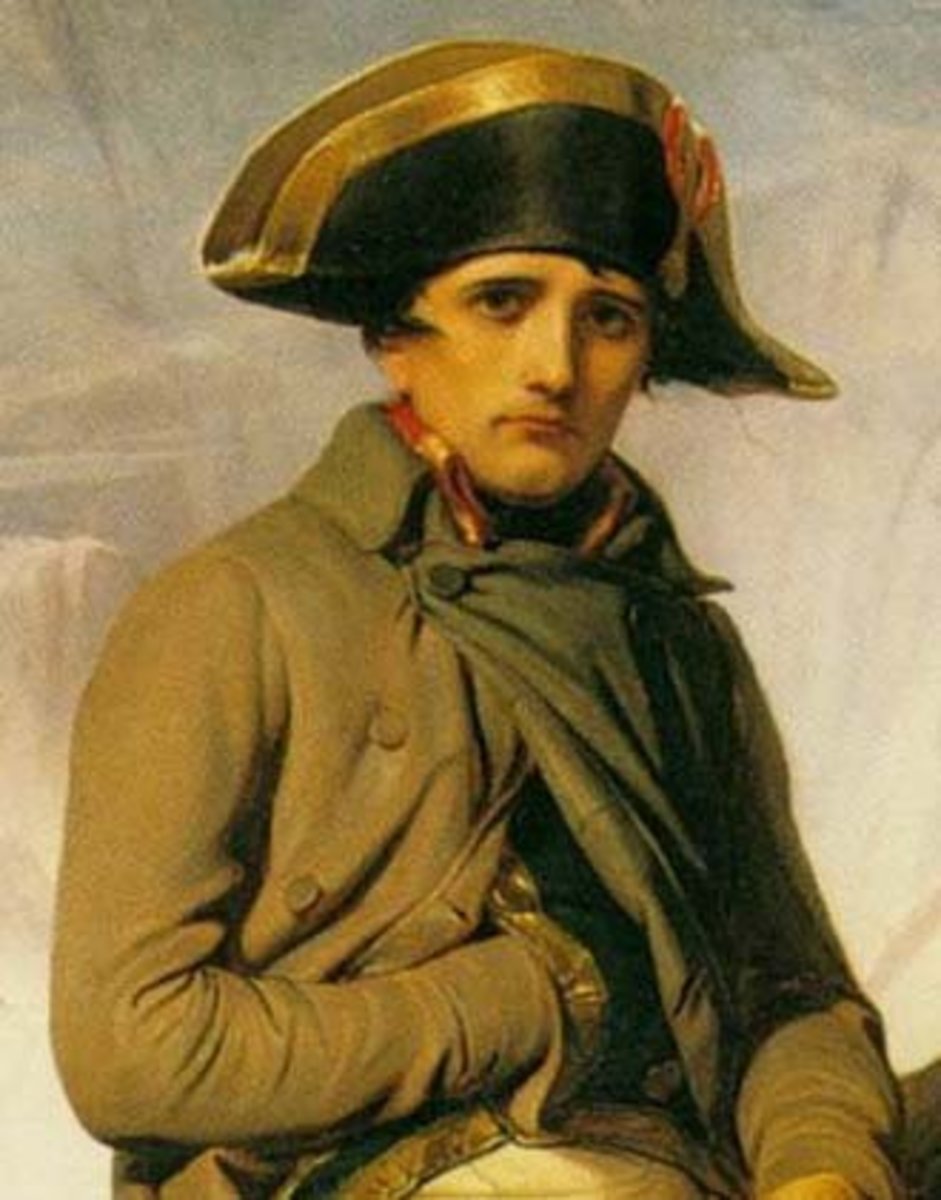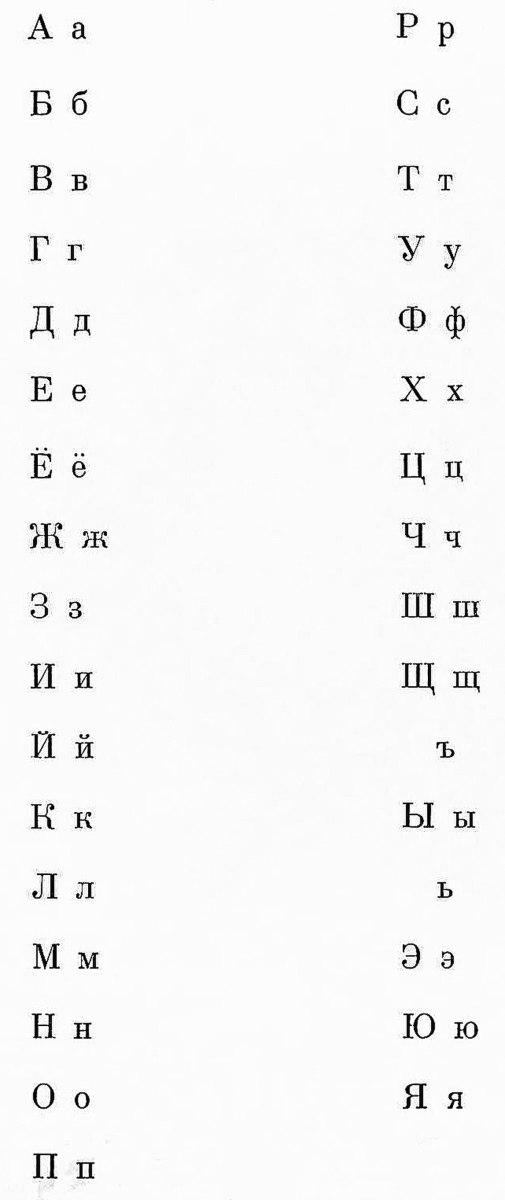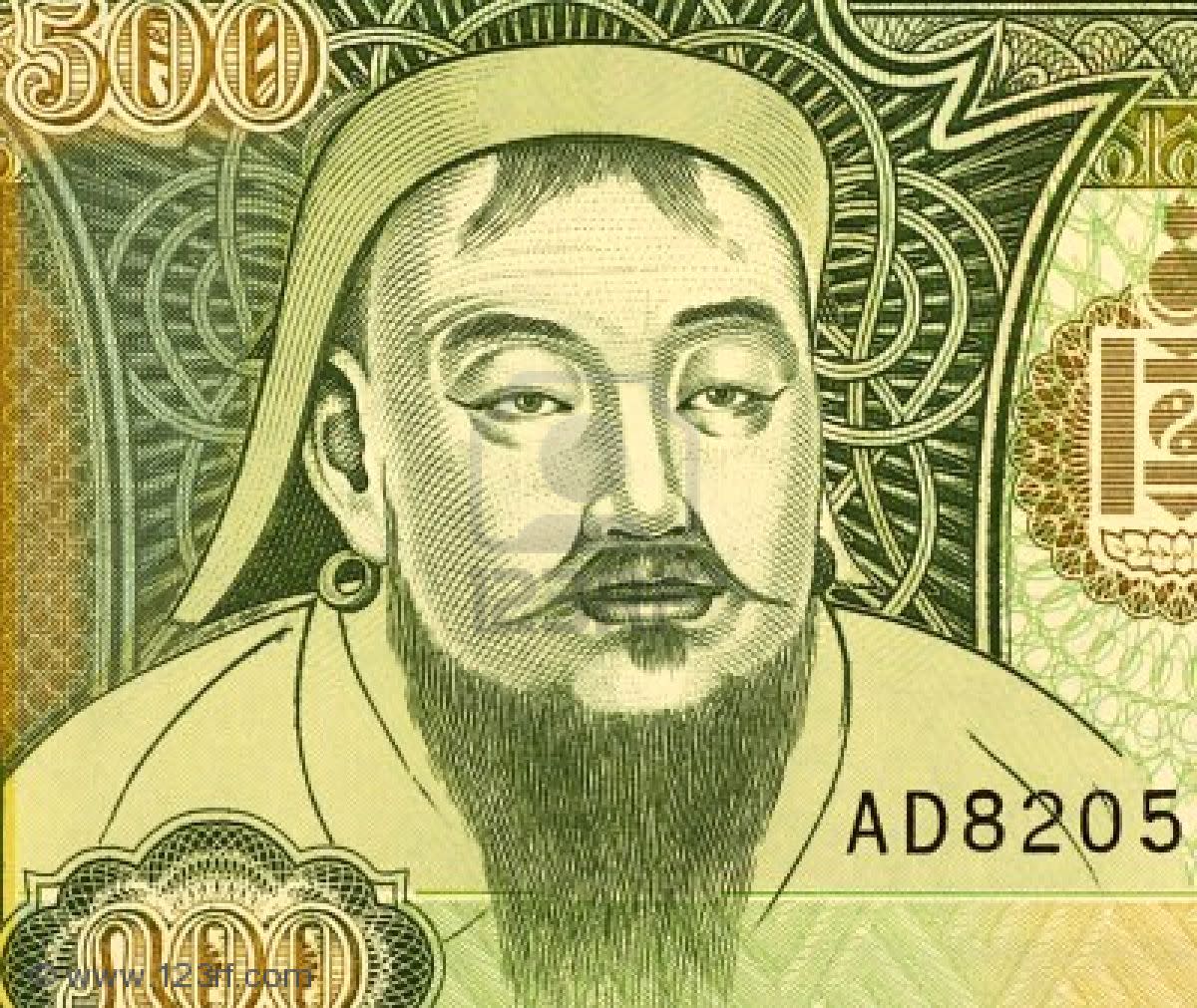Will Changes in Causes of War Lead to World Peace?
Will the alliance between the USA and socialist China lead to world peace?
Religion
Religion had been a cause of war. The popes launched crusades, nine in all, to retake the holy land from the Muslims. The first crusade took place in 1059; the crusades lasted for five centuries. The crusade is one of the worst follies of man, according to Bernard Baruch, former chairman of the War Industries Board of the USA in World War I.
There were religious wars between European nations, like between France and Germany.
Wars of succession
Claims to the throne in most monarchist European nations produced wars. There was a long war of succession in Spain. So was in England between the daughters of King Henry VIII, Mary of Scot (with Catherine of Aragon) and Queen Elizabeth (with Anne Boleyn). There was a religious color in these wars as the forces of Mary, supported by France, were Catholics and the forces of Elizabeth were Anglicans or protestants.
War between nations
Joan of Arc was the first to invoke nationalism in war. As a 16-year-old girl she lead the French soldiers to drive away English soldiers from French soil. Then there were wars between Spain and England. The Netherlands, then still a colony of Spain, was dragged into the war.
France, lead by Napoleon Bonaparte, usurper of the French revolution of 1799, made wars against Austria, Prussia, Russia, Switzerland, Spain and England. He was stopped at Waterloo by the English (commanded by Wellington) and by the Prussians.
The Mexicans fought the Americans who succeeded to annex Mexican territory comprising one-third of the contiguous land area of USA.
Iraq, under Saddam, wanted to reclaim Kuwait, that it claims was part of Iraq. Saddam was repulsed in the Desert Storm.
Wars against colonization
The American Indians launched wars against the British who were grabbing their native land to no avail. Natives of the Philippines, still considered by Europeans as part of Moluccas, fought the Spanish colonizers. Lapu-lapu, a Filipino native leader, killed Magellan, the leader of the first circumnavigators of the world.
The Philippines, having just gained through a revolution independence from Spain in 1898, fought the Americans who were out to set up an empire in the far east toward China.
In Africa, the Zulus fought the British who were curving out territory to get gold.
Japan tried to cut up a territory from China. It had occupied Korea earlier lasting for 35 years up until 1945.
Revolutionary wars
The 13 colonies in America staged a revolution against Great Britain to form the United States of America.
A revolutionary war ensued in France in 1799 onwards until the usurpation of power by Bonaparte. Lenin led a revolutionary war against the czar of Russia.
Filipinos staged a revolution against Spain in 1896 and gained independence in 1898. The Mexicans drove away the Spaniards through a revolution.
Most Latin American nations drove away the Spaniards and Portuguese with the leadership of Simon Bolivar who learned the art of war from Bonaparte.
In China, empress of Dowager and the Boxers fought the foreign invaders. Western countries, 8 in all, were lapping up China through the Unequal Treaties. Portugal took Macao; England took Hong Kong; Russia controlled Manchuria. France, Russia, England, Germany took part. The Chinese were divided in driving away the foreigners, perked up by Sun Yat-sen. Chiang Kai-shek led the feudal China to regain independence, Mao Tse-tung led the Communist with ideological support from the Marxist-Leninist of Russia. The USA, a late comer in lapping up China, came in through the Open Door policy and took some foothold by supporting Chiang.
The Chiang forces and the Maoist engaged in a civil war resulting in the driving out of Chiang, including the American support of 153,000 military personnel at one time, from the mainland. Upon victory in 1949, Mao said that China has stood against foreign invaders.
Presently some revolutionary wars are being fought in Middle East. Israel is an exception in that it is fighting for territory.
War of secession/civil war
The Confederate States of America (South), comprised of 11 states, wanted to secede from the USA that resulted in the American civil war. The South was defeated and the USA has remained intact and still expanding.
A civil war in Spain ensued that saw the dominance of the nationalists with support from the Catholic church. Russia was also involved. This civil war resulted in the dictatorship of Franco over Spain, largely responsible for the decline of Spain as world power.
World wars
A world war started between two countries and spread to other countries by sympathizing with either side. It is fought to stop the expansion of countries in one side of the fence. Germany led one side in WWI. WWII was conspicuously fought against the revenge of Hitler’s Germany on the victors of WWI. However, the merchant bankers or internationalists financed Hitler to carry out their agenda.
Cold war
The Cold war between the camp of democracy (and dictatorships supported by democratic nations) and the communist nations was designed to enrich the merchant bankers and internationalists. Huge national budgets were allocated for research and development in arms and weaponry. This benefited the military contractors. If there were no enemy like the USSR, the US could not have allocated big budgets for the arms race.
The civil war between South and North Korea is a vestigial part of the Cold War.
Wars for oil
Oil is the natural resource that has spawned wars. Other resources ( like sugar cane and beet sugar, copper, silver, gold, nickel, rice, silicon sand) are taken care of by World Trade Organization or globalization. The invasion of Iraq by the coalition led by the US was a war over oil as Saddam was threatening countries supplying the US with oil.
Changes in form of war
Wars have changed in form. It is now wars in trade, currency, resources, and labor. Developed countries have the upper hand over poor countries.
Neocolonization has taken over colonization. Absence of shooting war does not mean a stop in the impoverishment of former colonies.
Wars over oil may take a back seat as reserves in the Middle East are declining and reserves (like shale) are now being discovered in the USA. It is projected that the US will soon be an exporter of oil and natural gas.
Alliance with differences
The US and China have allied with each other in 1972. The US initiated the rapprochement partly to parry the USSR and mainly to penetrate the China market. It has been coveting this market since 1900.
The break between USSR and China was the undoing of USSR that wanted to control the Chinese navy and eastern ports of China, according to Mao. They parted ways in 1959 that paved the way for the US-China alliance.
However, China did not allow itself to be sold down the river through an alliance. Mao, chairman of China, and Zou Enlai, prime minister of China, insisted that a list of differences between the US and China be a part of the rapprochement treaty.
That is why the US (granting it is a democracy) cannot meddle with the selection of leaders in China.
That is why, the US cannot demand China whose corporations are owned by the public to change over to private ownership of corporations. In other words, corporations in US will remain as privately owned (including the Federal Reserves Bank) whereas the corporations in China will remain as publicly owned.
Land in the USA, except military reserves and parks, is privately owned; land in China is owned by the state. China has a one-child per family policy; USA does not have a policy limiting number of children per family. USA has forbidden the use of natural cures against cancer; China has legalized natural cures.
In short, the rapprochement treaty does not harmonize the philosophies and cultures of China and USA. Mao and Pres. Nixon agreed, in 1972, that they have similar views in the power relationships in the world. For example, Europe was weak, Germany should unify but objections from USSR must be overcome first; Iraq was a problem; China will not attack the USA; the USA will not attack China; Taiwan is a domestic issue of China that China will settle peacefully even for a long time like 100 years; USSR was a threat to China and USA.
When Pres. Jimmy Carter issued a protest on the Tienanmen Square massacre, China said that the event was a domestic issue of China and the US has no right to intervene, as provided for in the rapprochement treaty.
The alliance between China and US largely brought about the implosion of USSR in 1990 and accelerated the unification of Germany in 1991.
The US power to manipulate the United Nations appears to have declined with China (from Mao onwards) seating in the UN. With Nationalist China under Chiang Kai-shek, it was easier for the US to manipulate the UN. The US had manipulated the UN to approve the election in Korea that saw the installation of Syngman Rhee, a former US refugee, as president of South Korea. North Korea staged another election that has divided the peninsula into South and North Korea. The US failed to get the nod of UN to invade Iraq that was invaded by a coalition not with the blessings of UN.
In short, the US (known as a democracy) and China (known as socialist) have allied. The communist bugaboo is gone. No more war along ideological lines.
Worth watching for is shooting war for the hegemony of the world, or one-world rule. However, there is a trade war for economic hegemony.
There is a brighter hope for the decline of shooting wars between nations.
However, this does not mean diminution of the war against poverty.

